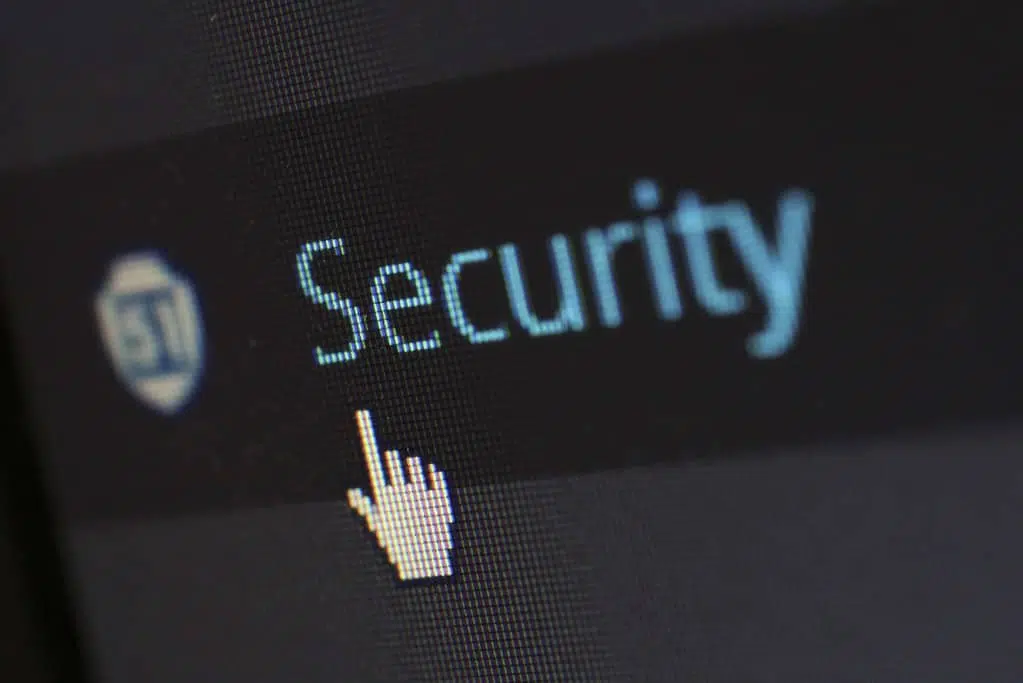
The security of a WordPress website is a very sensitive topic today. This is because WordPress can be hacked at any time. Hence, it is very important to perform preventive site protection.
But, this question is how to increase the security of the WordPress site?
It’s very simple, update your WordPress website using the robust WordPress 2024 security checklist. Implement proactive security to prevent hackers and malware from penetrating your system.
Remember that hackers only attack sites that are vulnerable. These are WordPress sites that are completely secure. Sites that are completely safe to hack. On the other hand, a legitimate WordPress site cannot be hacked. It would be difficult for a hacker to find a security hole that would allow him access to your server and allow him to hack your WordPress site.
why wordpress sites get hacked?
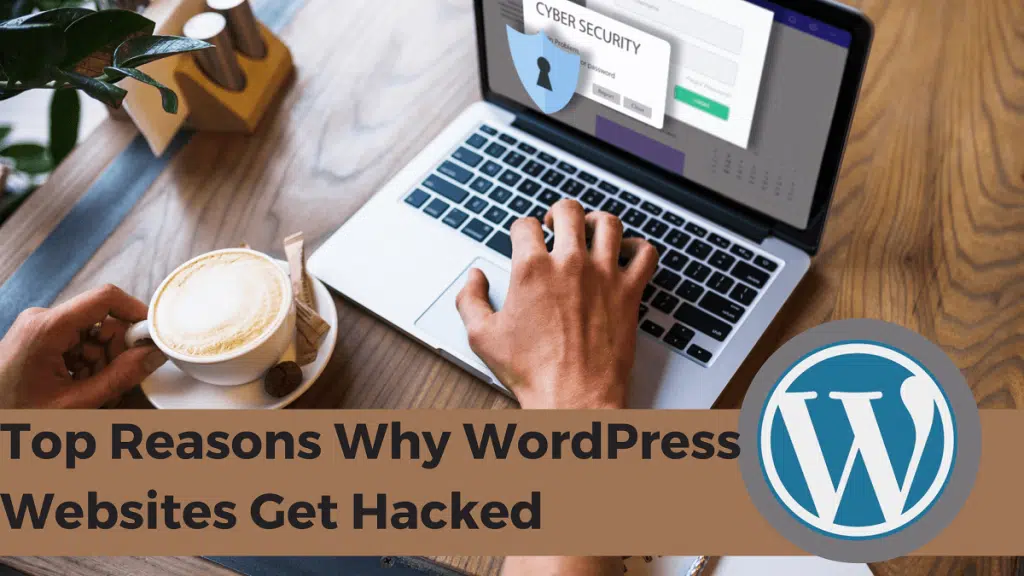
Having a hacked website has many disadvantages and losses for the website owner. Since WordPress is a free (open source) website builder, many small and medium businesses build their websites on WordPress. If your WordPress website is a business, you need to take extra care of it. If someone hacks your business (website), it may cause a lot of damage to your business.
Remember that a hacked WordPress site can affect your company’s revenue and reputation. Hackers can steal your information. They can even install malware and send malware to your users. In the worst case scenario, you may have to pay the hackers ransom to regain access to your website.
10 best wordpress website security checklis in 2024
WordPress is a popular content management system (CMS) that powers millions of websites worldwide. However, its popularity also makes it a target for hackers. In fact, WordPress websites are one of the most common targets for cyberattacks.
That’s why it’s important to take steps to secure your WordPress website. By following this checklist, you can help to protect your website from hackers and other threats.
1. Choose a secure hosting provider
Your hosting provider is responsible for the security of your website’s infrastructure. So, it’s important to choose a hosting provider that has a good reputation for security.
Here are some things to look for in a secure hosting provider:
- A firewall to protect your website from unauthorized access
- A web application firewall (WAF) to protect your website from common attacks
- Regular security updates
- A good backup system in case your website is hacked
2. Use strong passwords
Your website’s password is the first line of defense against hackers. So, it’s important to use a strong password that is difficult to guess.
Here are some tips for creating strong passwords:
- Use a combination of upper and lowercase letters, numbers, and symbols
- Avoid using personal information, such as your name or birthday
- Don’t use the same password for multiple websites
3. Keep WordPress updated
WordPress is constantly being updated with new security patches. So, it’s important to keep your WordPress installation up to date.
You can check for updates by logging into your WordPress dashboard and clicking on the “Updates” tab.
4. Install security plugins
There are a number of security plugins available for WordPress that can help to protect your website from a variety of threats.
Here are a few popular security plugins:
- Wordfence
- Sucuri Security
- iThemes Security
5. Limit login attempts
Brute force attacks are a common type of cyberattack that involves hackers trying to guess your password. You can help to protect your website from brute force attacks by limiting the number of login attempts that are allowed.
There are a number of plugins available that can help you to limit login attempts. One popular plugin is Login LockDown.
6. Be careful about the plugins you install
Only install plugins from trusted sources. Some plugins can be malicious and can be used to hack your website.
Before installing a plugin, make sure to read the reviews and ratings. You can also check the plugin’s website to see if it has been audited for security.
7. Back up your website regularly
Even if you take all of the precautions, there is still a chance that your website could be hacked. That’s why it’s important to back up your website regularly.
You can back up your website manually or using a plugin. There are a number of plugins available that can help you to back up your website automatically.
8. Use a content delivery network (CDN)
A CDN can help to improve the performance and security of your website. A CDN can also help to protect your website from DDoS attacks.
9. Be careful about what you install on your server
Only install software on your server that is necessary for your website to function. Installing unnecessary software can create security vulnerabilities.
10. Keep your server up to date
Just like WordPress, your server needs to be kept up to date with the latest security patches.
You can check for server updates by logging into your cPanel or SSH account.
Additional tips
- Disable file editing from the WordPress dashboard.
- Use a secure FTP client to connect to your server.
- Avoid using the default admin username.
- Change your database prefix to something unique.
- Use a strong password for your MySQL database.
- Use a web application firewall (WAF).
- Regularly scan your website for malware.
- Be careful about the links you click on in emails.
- Report any suspicious activity to your hosting provider.
how to prevent ddos attack on wordpress
DDoS attacks, or distributed denial-of-service attacks, are designed to overwhelm a website or server with so much traffic that it becomes unavailable to legitimate users. These attacks can be very damaging to businesses, as they can cause downtime, loss of revenue, and reputational damage.
Here are some tips on how to protect your WordPress website from DDoS attacks:
1. Choose a reliable hosting provider:
Your hosting provider is responsible for providing the infrastructure for your website, so it’s important to choose a provider that has a good reputation for security and can handle a large amount of traffic.
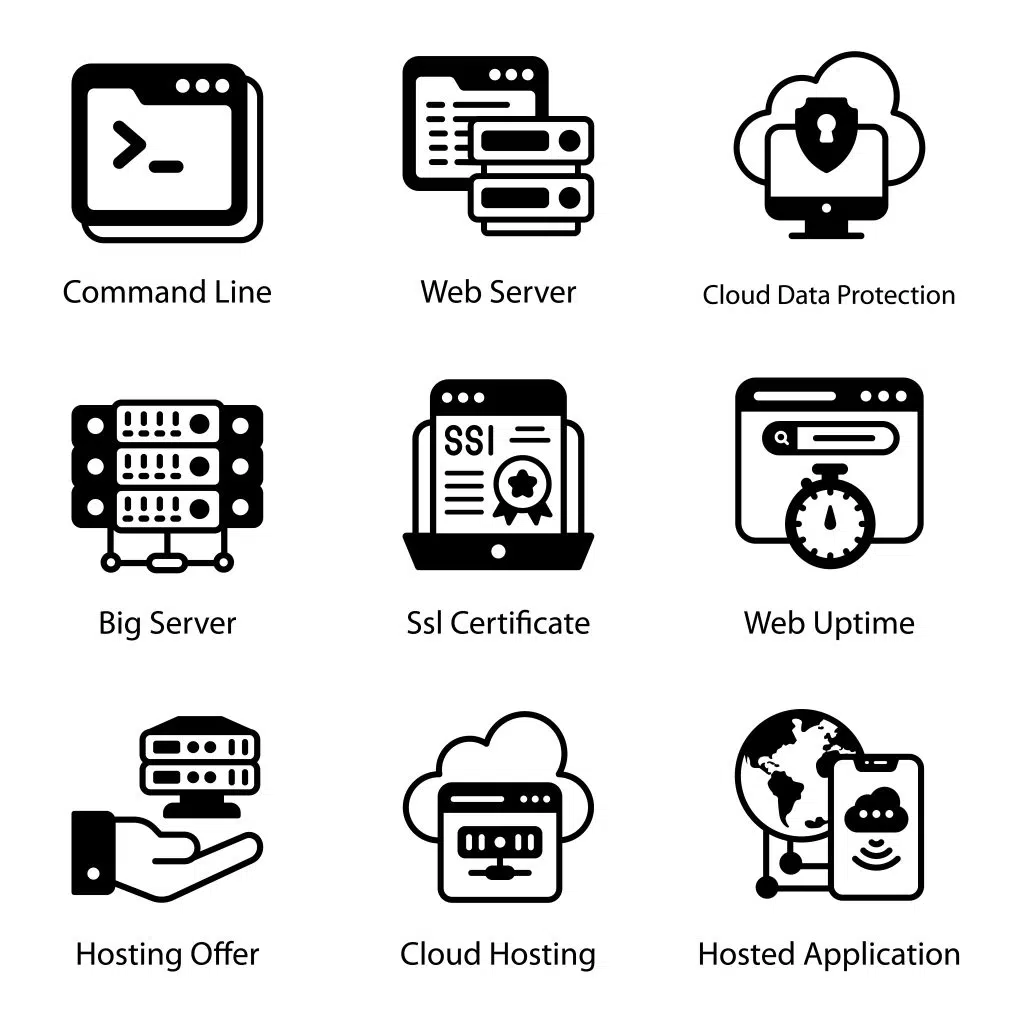
2. Use a web application firewall (WAF):
A WAF can help to block malicious traffic from reaching your website. There are a number of different WAFs available, so you can choose one that is right for your needs.

3. Implement a content delivery network (CDN):
A CDN can help to distribute your website’s content across a network of servers, which can help to reduce the impact of a DDoS attack.

4. Disable XML-RPC:
XML-RPC is a protocol that can be used to attack WordPress websites. You can disable XML-RPC by adding the following code to your .htaccess file:
<files xmlrpc.php>
order deny,allow
deny from all
</files>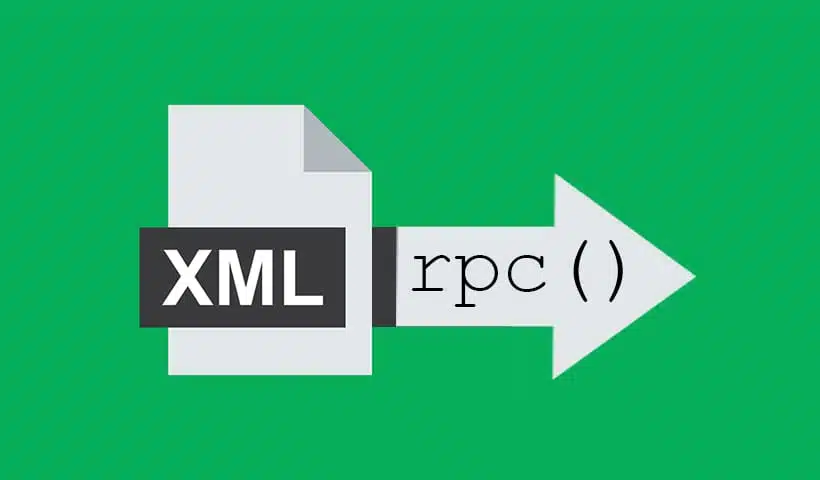
5. Keep your WordPress software up to date:
WordPress releases security updates regularly, so it’s important to keep your software up to date to protect your website from vulnerabilities.

6. Install a security plugin:
There are a number of different security plugins available for WordPress that can help to protect your website from DDoS attacks. Some popular plugins include Wordfence, Sucuri Security, and iThemes Security.

7. Use strong passwords:
Using strong passwords for your WordPress login and FTP accounts can help to prevent unauthorized access to your website.
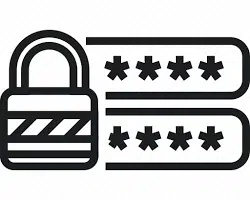
8. Be careful about the plugins you install:
Only install plugins from trusted sources, and make sure to read the reviews and ratings before installing a plugin.

9. Use a backup service:
In the event of a DDoS attack, it’s important to have a backup of your website so that you can restore it quickly.
By following these tips, you can help to protect your WordPress website from DDoS attacks. However, it’s important to remember that there is no foolproof way to prevent a DDoS attack. If you do experience a DDoS attack, it’s important to contact your hosting provider and a security expert immediately.


